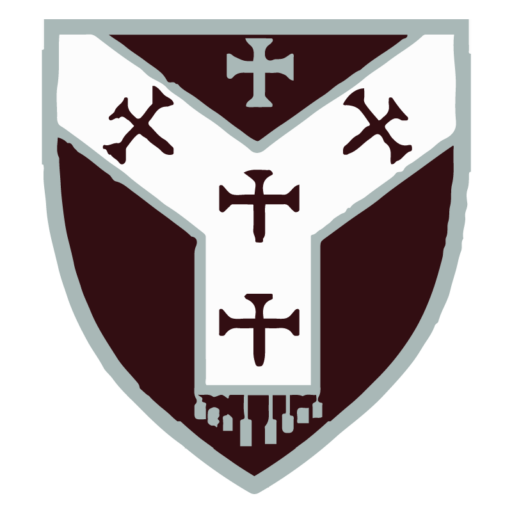Mathematics
At The Minster Junior School, we firmly believe that all children have the potential to achieve highly in mathematics. We aim to inspire in our pupils a love for mathematical enquiry, not only through maths lessons but also through the other cross-curricular experiences they are offered, such as enrichment workshops, online learning platforms, maths related work in science, geography and other subjects. We expect that when children leave us for the challenges of secondary school, they are ready, able and confident mathematicians.
Our long and medium term teaching plans are aligned with the objectives of the National Curriculum. In our school, we follow the teaching for mastery approach and use a number of resources mainly White Rose Maths. The mastery approach for the teaching of mathematics is research-based and evidence-informed, where children master mathematical fluency through conceptual understanding and apply this to problem solving. Pupils think deeply about varied mathematical problems and have a chance to work collaboratively to solve them. They are guided to use precise mathematical vocabulary and to choose efficient methods of calculation.
The mastery approach believes that:
- Mathematics is achievable for all
- It leads to deep, long-term and sustainable learning of Maths
- New learning is built on prior learning, which is sufficiently mastered
- Pupils develop an ability to reason about a concept and make connections
- Pupils become fluent in number facts including number bonds and time tables
The Maths lessons incorporate three types of knowledge:
- Factual – I know that
- Procedural – I know how
- Conceptual – I know why
Maths at home:
We feel that the Maths learning that is begun at school must be practiced at home in order for the children to become confident in the skills taught. The Maths learning that takes place over a week in the class is shared with the parents through the weekly newsletter. Parents can support their children by helping them develop rapid recall of key number facts. It is essential that the children know these facts without working them out. These links give the information of the number facts required to be learnt by the end of different years in primary school.
You can view the White Rose Maths Schemes of Learning here
1-progression-map-place-value.pdf (ncetm.org.uk)
2-progression-map-addition-and-subtraction.pdf (ncetm.org.uk)
3-progression-map-multiplication-and-division.pdf (ncetm.org.uk)
How can children practise number facts at home?
A great way of reinforcing knowledge and learning outside of the classroom is to practice what they’ve learned at home. Here are some practical suggestions for ways you can support your child’s learning of number facts:
- Encourage children to say the whole calculation and answer aloud, not just the answer (for example 7 x 6 = 42 if you are practising times tables verbally).
- Practise regularly but for short periods at a time. Try not to let them get bored, so they’ll be just as enthusiastic next time!
- Make it fun by playing games! Whether its board games, interactive Maths games, or physical activities involving numbers, playing games is a great way to keep children interested and excited to learn.
- Help your child design their own number facts posterand display it in their room or on the fridge.
- Take advantage of real-life contexts such as shopping, laying the table, planting seeds in rows, organising and sharing out toys or snacks, etc. to help you introduce number facts into everyday life.
Some useful websites for the children to use to practice and consolidate Maths learning:
www.bbc.co.uk/bitesize/ks2/maths/
Calculation Policy:
We use the following guidance to calculate:
Progression Framework

